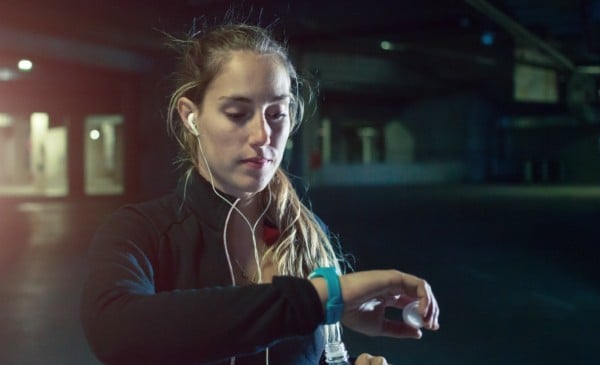
One third of young Australian women don’t feel they should be out in public places at night. Quite simply, they don’t think it’s safe.
Commissioned by Plan International Australia and Our Watch, a report called A Right to the Night was released this week, and it’s based on the responses of 600 women aged 15 to 19 from all corners of the nation.
A quarter of those questioned also didn’t think young women should travel on public transport alone. Ever.
Many are saying the findings are “shocking”, but I’m sad to admit that they didn’t surprise me one iota.
The fact is, some women, myself included, feel a sense of unease seep into their chests when daylight is over.
It’s something in the back of my mind every night as I walk the block from the bus stop to my house, removing my headphones from my ears and clutching my house keys in hand just in case.
Can you really blame me or the young women who feel strongly that their safety could be jeopardised when the sun sets and the street lights cast their glow onto the pavement?
In March this year, a group of women were celebrating a hen’s night out in Sydney. A witness told News Corp that two men made sexual comments to the group outside a fast food outlet.
“The women defended themselves and he said ‘if you don’t shut up I’ll punch you in the face,” the witness explained.
“He punched four to five girls in the head, holding them by the neck and punching them.”





























































































